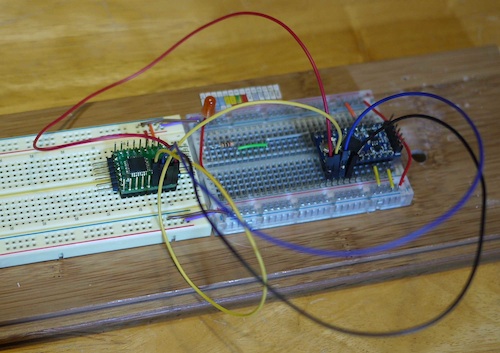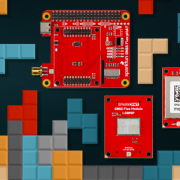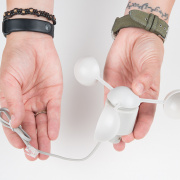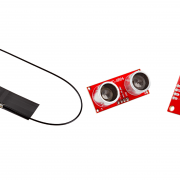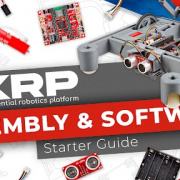Build Your Own Arduino Compatible Board
So you want an Arduino compatible microcontroller with a small footprint? Look no further!
Although we sell the Arduino Pro Mini, we definitely understand our customers' inner yearning to make things themselves. This is a perfect example of one of those moments - this Instructable guides you through the process of creating your own 1"x1" Arduino Compatible board with 22 I/O pins!
This cool project uses a few of our favorite things - PCB creation using eagle (we recommend BatchPCB.com - our sister site) and hot-plate reflow. When you're finished, you'll have a one-inch by one-inch square PCB outfitted with an Arduino compatible ATMega328. It has 22 input and output pins, which is more than enough for most standard embedded electronics projects! Check it out and create your own!
